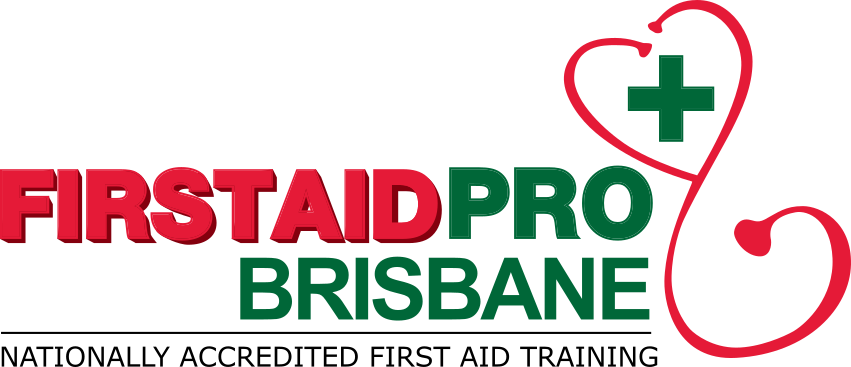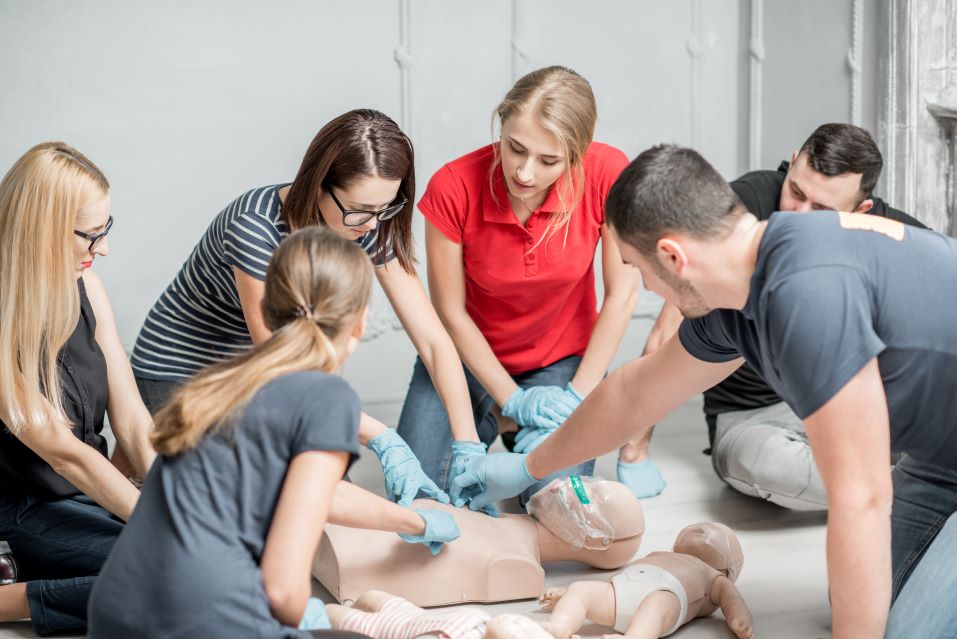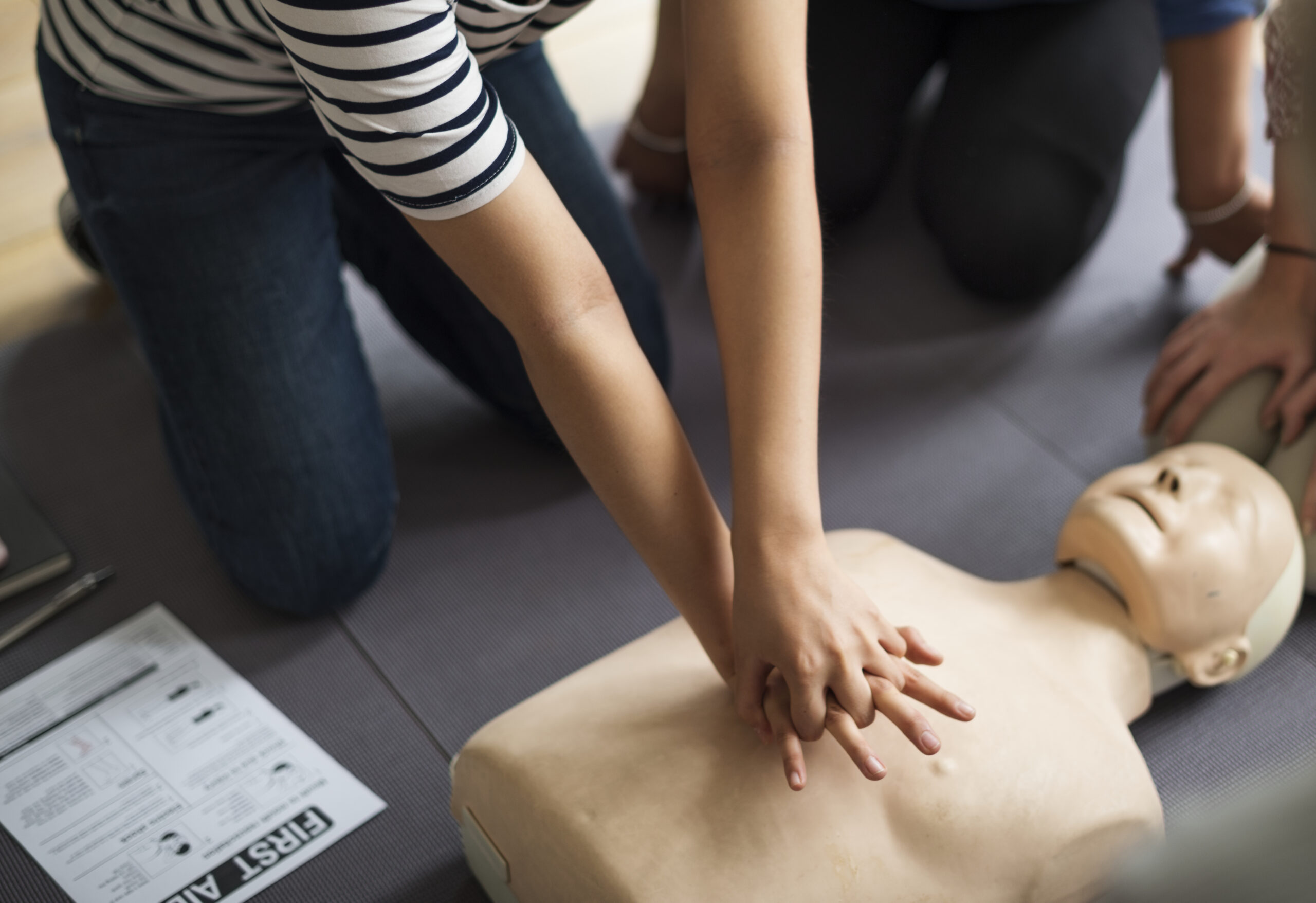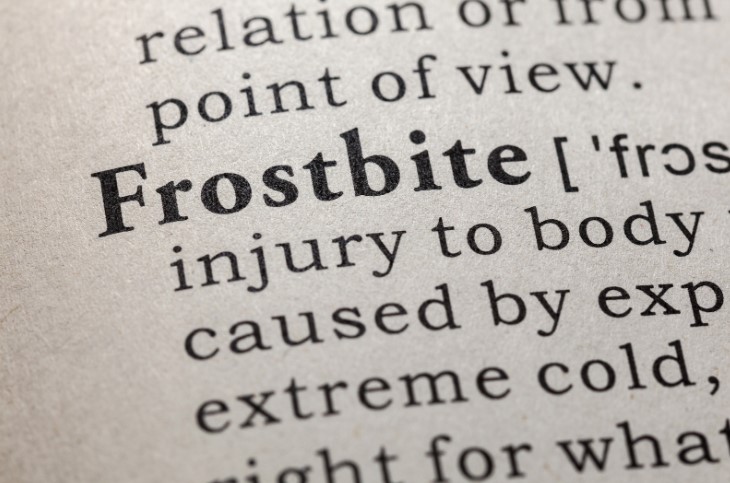Depression can be triggered by various life events, leading to mental struggle and suicidal thinking. Awareness of these triggers helps you and others be mindful of words and actions and know when it is necessary to get help.
The good news is that depression is manageable, regardless of its cause. Here, we explore common triggers and provide first aid to reduce their impact on your health.
What Is Depression
Depression is a mood disorder that causes emotional and physical symptoms such as persistent feelings of sadness and loss of interest in activities you previously enjoyed.
The condition is also called a major depressive disorder (clinical depression, which can significantly affect how you think, feel, and behave. It can also lead to a variety of emotional and physical complications.
One in seven Australians will experience depression at some point in their lifetime. If left without treatment, it can make daily functioning challenging for people struggling with the condition.
Some may have trouble pursuing their normal routine, and some may feel that life is not worth living.
It is important to remember that depression is more than just “feeling the blues”. It is not a sign of weakness, and you cannot simply tell people to “snap out” of it.
Depression is a serious medical illness that requires long-term medical treatment. On the good side, most people with this mental condition can get better with medication, psychotherapy, mental health first aid, or other options.
Signs And Symptoms
The symptoms may vary from each person, but here are common signs of depression.
- Persistent feelings of sadness, emptiness, or hopelessness
- Sudden outburst
- Extreme irritability or frustration, even over a small matter
- Angry outbursts, irritability or frustration, even over small matters
- Loss of interest or pleasure in activities once previously enjoyed
- Sleep loss, resulting in insomnia or sleeping too much
- Tiredness and lack of energy
- Reduced appetite and weight loss
- Intense cravings for food and weight gain
- Anxiety, agitation, or restlessness
It is worth noting that we all experience some of these symptoms from time to time, and it is not automatically mean you are depressed. Symptoms may also differ in gender.
It is best to consult a psychologist to determine the condition.
7 Common Depression Triggers
Depression triggers are mostly events, illnesses, or other factors that result in depressive episodes. Here are common factors that trigger depression.
Trauma, Grief, Or Loss
Traumatic incidents or grief over the loss of a loved one can send people into a deep sadness that can last for months or years. Losing someone close is a common trigger of depression.
Family History
Mental problems can sometimes run in the families, putting people with a history of depression at an increased genetic risk.
However, having a parent or close relative with the condition does not automatically guarantee the same experience. Life circumstances and other factors are still likely to have a significant influence on one’s mental health standing.
Serious Medical Illness
The long-term management and the constant fear and worry when dealing with serious medical illness can lead to feelings of depression.
Drug And Alcohol Use
The use of alcohol and drugs can lead to many health complications, including depression. Over 500,000 people in Australia will struggle from a substance abuse disorder alongside depression at some point.
Financial Problems
Constantly worrying about money can trigger most major mental illnesses. The stress associated with financial issues has been shown to lead to an increased risk of anxiety and depression.
Work-related Problems
Work stress that becomes overwhelming can lead to a depressive episode. It mostly comes from a heavy workload, feeling of hopelessness, and the inability to change the current situation.
Poor Sleep
For some people, chronic sleep loss is a warning sign for an oncoming depressive episode.
People who are previously diagnosed with the condition rely on getting healthy, restful sleep to avoid the symptoms. Even a few nights of poor sleep can trigger a depressive episode.
Conclusion
Learning to identify and avoid depression triggers can help you gain better control over your moods and feelings. Better handling of mental health can reduce your risk of experiencing intense signs of depression.
Depression triggers may vary depending on how the person will take it. Remember that everyone is different, and it is often a combination of these factors that can contribute to developing this condition/.
But the most important thing when handling depression is to recognize the warning signs, take appropriate actions, and seek support.
Learn all of that in a Mental Health First Aid course.
For more information, contact us at (08) 7120 2570 or email courses@firstaidpro.com.au.








